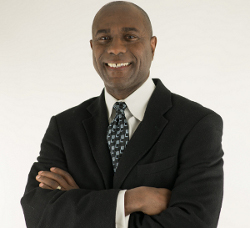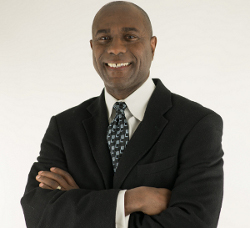It is still difficult for many of us to emotionally recover from what happened at the Pulse Nightclub in Orlando this past Sunday. So many killed, so many injured and so many families and loved ones left devastated. While the law enforcement investigations are ongoing and the story continues to unfold, it is heartening to see the outpouring of support and generosity that has emerged in response. The one fundraising effort that is getting the lions share of attention is the Equality Florida Victims Fund on GoFundMe.com, a crowdfunding website, which as of this morning has raised $4.2 million towards its $5 million goal.
This fundraising success provides us with several lessons. One is that crowdfunding websites provide both charities and individuals with the ability to quickly create a vehicle to raise money within hours after a tragedy or a disaster. Individuals seeking to make donations in support of victims and their families may not know which charities are engaged in relief, but they know the crowdfunding website. However, there are cautions that donors should keep in mind as well. A crowdfunding request by an established charity provides an opportunity for donors to vet the organization before making a gift, but crowdfunding requests made by individuals or families are a challenge to substantiate. Not all crowdfunding websites do a good job of screening requests that get posted. There have been media reports of suspicious postings for the Orlando tragedy that were eventually taken down.
Equality Florida [which consists of Equality Florida Institute, a 501(c)(3) charitable organization and a related 501(c)(4) civil rights advocacy group, Equality Florida Action] is dedicated to equality for the lesbian, gay, bisexual and transgender community throughout the state of Florida. It produced the posting on the GoFundMe.com website but also decided to collaborate with another organization, the National Center for Victims of Crime, which has experience in establishing special funding for crime victims. This type of special collaboration is a great example of how organizations can work together to combine their outreach and expertise to help address an important need.
The BBB Wise Giving Alliance will seek to produce current reports on both the Equality Florida Institute and the National Center for Victims of Crime. In the meantime, donors can access our ten tips on giving in response to the Orlando tragedy.
On a separate note, as part of our Building Trust Video Series we are pleased to provide a video featuring Collin O’Mara, President & CEO of the National Wildlife Federation (a BBB Accredited Charity). As you will see in Collin’s video interview, the National Wildlife Federation is engaged in public outreach in seeking to get children and families more connected with nature, wildlife and the outdoors.
We are always working with charities to publish or update reports for donors. Visit Give.org or local BBBs to check out any charity before giving. Our recently evaluated charities include:
Finally, remember to let us know by going to https://www.give.org/ask-us-about-a-charity1/ if you are interested in seeing a report on a charity not on the list and we will do our best to produce one.
H. Art Taylor, President & CEO








 Strong earthquakes are frightening, devastating and immediately
pull on our heartstrings. Nepal’s earthquake is no exception. BBB Wise Giving Alliance encourages donors to respond but also be mindful of the giving tips in
Strong earthquakes are frightening, devastating and immediately
pull on our heartstrings. Nepal’s earthquake is no exception. BBB Wise Giving Alliance encourages donors to respond but also be mindful of the giving tips in 

